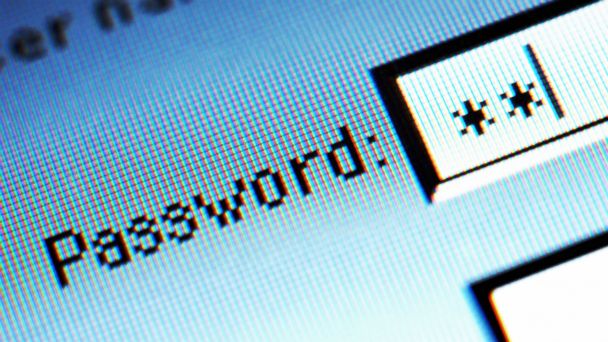Why Weak Passwords Aren't Always a Bad Idea
It turns out having your dog's name as your password isn't such a bad idea after all.
New research from Microsoft says Internet users are better off recycling weak, memorable passwords for accounts of low importance.
Complex passwords, comprised of letters, numbers and symbols, should only be used for accounts that hold sensitive information, such as a person's bank account, according to the study published by Microsoft Research.
5 Quick tips to Spring Clean Your Digital Life
The Curious Origin of the 'Heartbleed' Logo
Meet BlackBerry's Belated Answer to Apple's Siri
The logic behind the study indicates that users will more likely be able to remember unique passwords if they're limited to just their high-value accounts.
"Strategies that rule out password re-use or the use of weak passwords are sub-optimal. Both are valuable tools in balancing the allocation of effort between higher and lower value accounts," researchers wrote.
While password managers are one viable option for managing online accounts, the study argues that they can create more problems than they're worth.
Researchers suggest that if a user forgets their password for their password manager, they could be locked out of a their accounts, or by storing everything in one place, users are leaving themselves potentially vulnerable to hackers.
The study recommends writing down passwords the old-fashioned way, if you must.
"Writing passwords down is, if properly done, increasingly accepted as a coping mechanism," the study says.

(Image Credit: Getty Images)